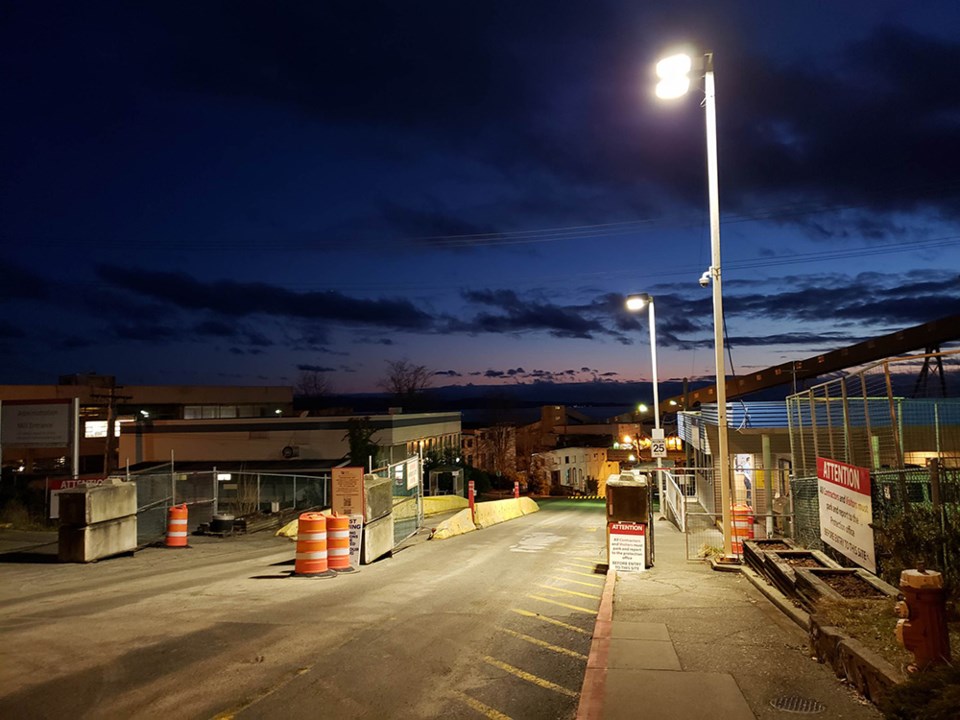The closure of the Catalyst pulp and paper mill presents huge challenges for Powell River. It’s not only the lost jobs and property tax base (17 per cent of the total), but also the environmental costs that could affect the quality of life of every resident.
One challenge concerns serious pollution at the mill site. How is the site going to be cleaned up, and needed environmental maintenance completed, after Catalyst leaves? What will happen to all the asbestos, especially in the old kraft mill facilities? Or the contaminants in the marine environment, like the chlorine-filled tank cars that sank in 1975?
Toxic materials need to be safely removed for the health and safety of workers and residents. Who will pay? Paper Excellence, owner of the Catalyst Paper Tis’kwat mill, is legally obliged to remediate the site – at its expense, not ours. But it’s not encouraging that Catalyst has already been warned (July 2022) by the ministry of environment about multiple permit violations, including improper disposal of asbestos and leakage of contaminants from the mill’s Wildwood landfill into groundwater – a problem that Catalyst has known about since 2019.
There’s a second big issue. Who will benefit from the hydroelectric power that used to be generated for the mill from the Powell River and Lois Lake dams? Over the years the mill’s owners sold the dams off so that they are now owned by a subsidiary of Brookfield Renewable LP. Despite its innocuous name, it’s a multinational corporation based in the tax haven of Bermuda; it pays no corporate taxes in Canada.
Brookfield wants to sell all the electricity to the United States, which would make Powell River less attractive to any new enterprise that might replace the mill. Instead, Powell River could be adopting models – such as the Columbia Basin Trust or the local Powell River Community Forest – that obtain fair returns to the community from the use of public resources like the water in the dams. The hydro power should generate revenues for Tla’amin Nation, the city, and qathet Regional District.
In addition, in its submission to the Canada Energy Regulator opposing Brookfield’s application for a 10-year blanket export permit, Energy Democracy for BC (ED4BC) raised questions about whether problems with dam and infrastructure maintenance could potentially pose safety risks for the community.
Historically, the construction of the dams destroyed wild fish habitats on which Tla’amin depended. They deserve support for their efforts to restore those habitats.
Fortunately, a growing “after the mill” coalition of local groups has formed to raise awareness and to encourage governments to address these issues. Members include the Council of Canadians Powell River chapter, the Joint Working Group on Mill Curtailment, qathet Climate Alliance, ED4BC, the Westview and Townsite ratepayers’ societies, and the Wildwood Ratepayers Association.
The basic principle is the right of communities, not just corporations, to have a say in deciding our energy and environmental futures. We look forward to hearing what our candidates for civic government have to say on these issues in this fall’s election campaign.
Ellen Gould and Robert Hackett are qathet-based writers and researchers, and members of ED4BC and the Council of Canadians.




